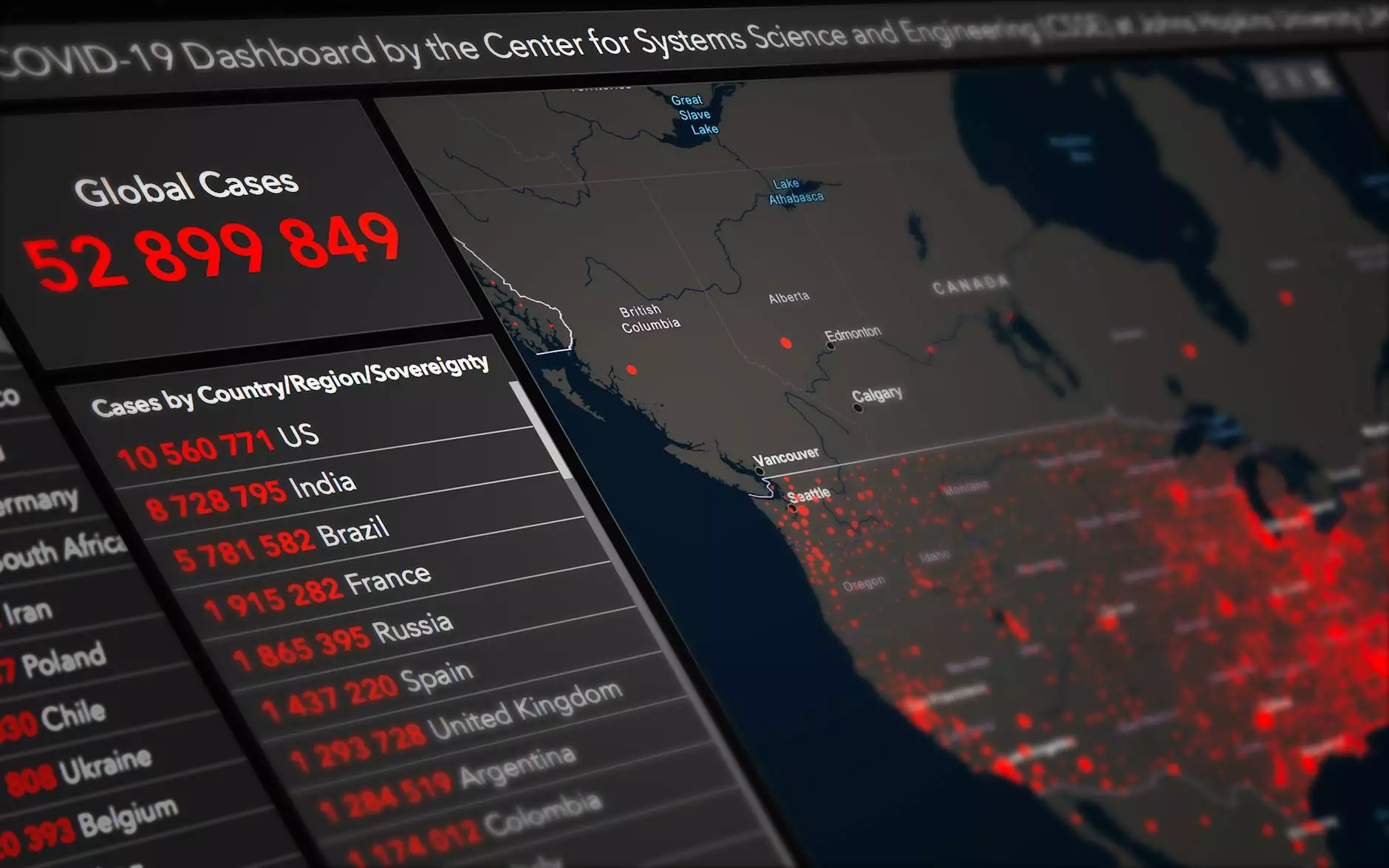The Power of Biomarker Data Analysis in Health & Medical Centers

Introduction
In today's rapidly evolving healthcare landscape, medical centers are constantly seeking innovative approaches to improve patient outcomes and accelerate medical research. One such groundbreaking technology that holds immense promise is biomarker data analysis. This article explores the importance and benefits of utilizing biomarker data analysis in health and medical centers, and how it is revolutionizing the healthcare industry.
The Significance of Biomarker Data Analysis
Biomarker data analysis refers to the detailed examination of biological markers present in various biological samples. These markers can include proteins, genes, metabolites, or other molecules that indicate a specific physiological or pathological state in an individual. By analyzing these biomarkers, health and medical centers gain valuable insights that enable them to make more accurate diagnoses, monitor disease progression, assess treatment efficacy, and even predict future health outcomes.
Key Benefits of Biomarker Data Analysis in Health and Medical Centers
1. Early Disease Detection and Diagnosis
Biomarker data analysis plays a crucial role in the early detection and diagnosis of diseases. It allows medical professionals to identify specific biomarkers associated with various conditions, enabling timely intervention and potentially preventing the progression of diseases. For example, in cancer research, biomarker analysis has enabled the development of highly specific and sensitive diagnostic tests, leading to earlier detection and improved treatment outcomes.
2. Personalized Treatment Approaches
The ability to analyze biomarker data empowers health and medical centers to adopt a personalized approach to patient care. By understanding an individual's unique biomarker profile, healthcare professionals can tailor treatment plans to address specific molecular characteristics or disease drivers. This precision medicine approach not only enhances treatment efficacy but also reduces potential side effects and improves patient satisfaction.
3. Drug Development and Clinical Trials
Biomarker data analysis plays a pivotal role in drug development and clinical trials. By identifying relevant biomarkers, pharmaceutical companies can design more targeted therapies, increasing the chances of success and reducing overall development costs. Additionally, biomarker analysis aids in patient stratification for clinical trials, allowing for a more efficient recruitment process and precise evaluation of treatment effectiveness.
4. Disease Monitoring and Prognosis
Biomarker data analysis enables continuous monitoring of disease progression and prognosis. By regularly assessing biomarker levels, medical professionals can accurately track the effectiveness of ongoing treatments, make necessary adjustments, and predict potential complications. This real-time monitoring, facilitated by biomarker analysis, allows for proactive healthcare management, improving patient outcomes, and reducing hospitalization rates.
5. Predictive Medicine and Preventive Care
With the advancements in biomarker data analysis, health and medical centers are venturing into the realm of predictive medicine and preventive care. By analyzing specific biomarkers linked to increased disease risk, proactive interventions can be employed to prevent certain conditions from developing in the first place. This proactive approach has the potential to shift healthcare focus from treatment to prevention, leading to significant improvements in overall population health.
The Future of Biomarker Data Analysis
As technology continues to advance, the potential of biomarker data analysis in health and medical centers is boundless. Rapid advancements in high-throughput sequencing, proteomics, metabolomics, and artificial intelligence algorithms are revolutionizing the field. These developments are leading to more comprehensive biomarker panels, increased precision in analyses, and enhanced predictive capabilities. The integration of biomarker data analysis with other medical technologies, such as wearable devices and telemedicine, further expands its applications across various healthcare settings.
Conclusion
In conclusion, biomarker data analysis has emerged as a game-changer in the field of health and medical centers. Leveraging this technology allows for early disease detection, personalized treatment approaches, efficient drug development, and disease monitoring. With its potential to predict health outcomes and enable preventive care, biomarker data analysis is steering the healthcare industry towards a future focused on precision medicine and improved patient outcomes. Stay updated with the latest developments in biomarker research and its applications by visiting Lifesciencemarketresearch.com, your go-to resource for cutting-edge information in the health and medical field.








